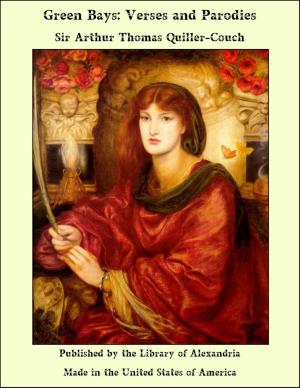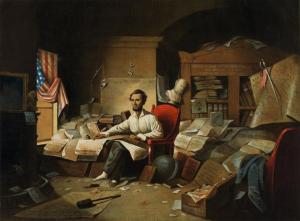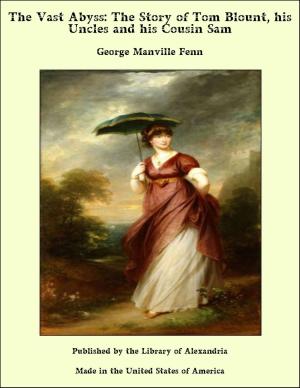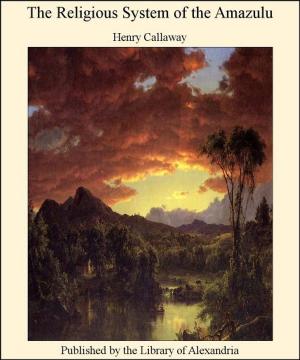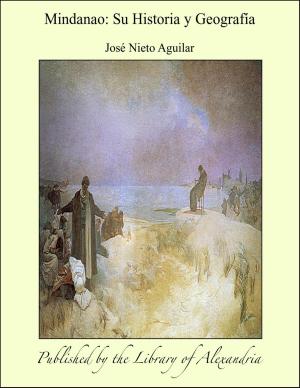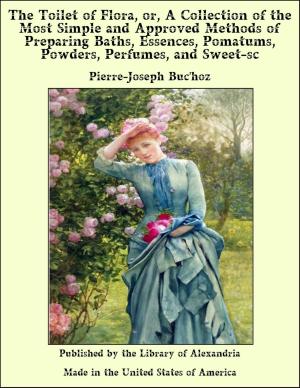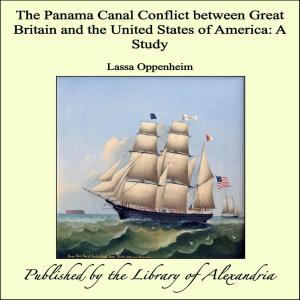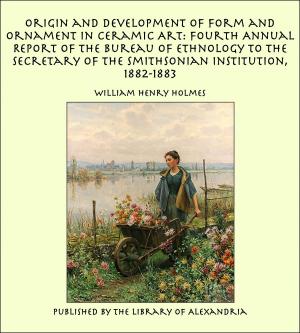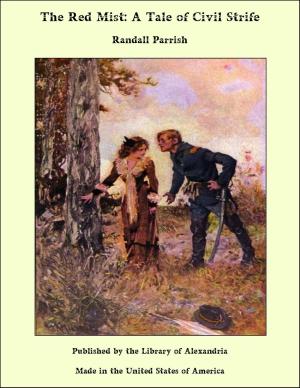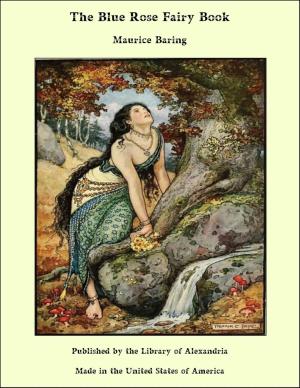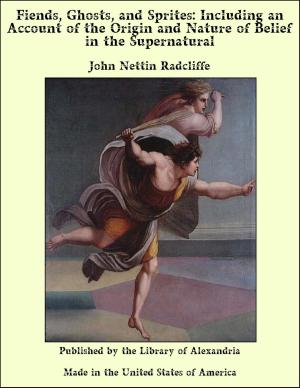Life in the Clearings Versus the Bush
Nonfiction, Religion & Spirituality, New Age, History, Fiction & Literature| Author: | Susanna Moodie | ISBN: | 9781465531568 |
| Publisher: | Library of Alexandria | Publication: | March 8, 2015 |
| Imprint: | Language: | English |
| Author: | Susanna Moodie |
| ISBN: | 9781465531568 |
| Publisher: | Library of Alexandria |
| Publication: | March 8, 2015 |
| Imprint: | |
| Language: | English |
“Dear foster-mOther, on whose ample breast The hungry still find food, the weary rest; The child of want that treads thy happy shore, Shall feel the grasp of poverty no more; His honest toil meet recompense can claim, And Freedom bless him with a freeman’s name!” S.M. IN OUR WORK of “Roughing it in the Bush,” I endeavoured to draw a picture of Canadian life, as I found it twenty years ago, in the Backwoods. My motive in giving such a melancholy narrative to the British public, was prompted by the hope of deterring well educated people, about to settle in this colony, from entering upon a life for which they were totally unfitted by their previous pursuits and habits. To persons unaccustomed to hard labour, and used to the comforts and luxuries deemed indispensable to those moving in the middle classes at home, a settlement in the bush can offer few advantages. It has proved the ruin of hundreds and thousands who have ventured their all in this hazardous experiment; nor can I recollect a single family of the higher class, that have come under my own personal knowledge, that ever realised an independence, or bettered their condition, by taking up wild lands in remote localities; while volumes might be filled with failures, even more disastrous than our own, to prove the truth of my former statements. But while I have endeavoured to point out the error of gentlemen bringing delicate women and helpless children to toil in the woods, and by so doing excluding them from all social intercourse with persons in their own rank, and depriving the younger branches of the family of the advantages of education, which, in the vicinity of towns and villages, can be enjoyed by the children of the poorest emigrant, I have never said anything against the REAL benefits to be derived from a judicious choice of settlement in this great and rising country
“Dear foster-mOther, on whose ample breast The hungry still find food, the weary rest; The child of want that treads thy happy shore, Shall feel the grasp of poverty no more; His honest toil meet recompense can claim, And Freedom bless him with a freeman’s name!” S.M. IN OUR WORK of “Roughing it in the Bush,” I endeavoured to draw a picture of Canadian life, as I found it twenty years ago, in the Backwoods. My motive in giving such a melancholy narrative to the British public, was prompted by the hope of deterring well educated people, about to settle in this colony, from entering upon a life for which they were totally unfitted by their previous pursuits and habits. To persons unaccustomed to hard labour, and used to the comforts and luxuries deemed indispensable to those moving in the middle classes at home, a settlement in the bush can offer few advantages. It has proved the ruin of hundreds and thousands who have ventured their all in this hazardous experiment; nor can I recollect a single family of the higher class, that have come under my own personal knowledge, that ever realised an independence, or bettered their condition, by taking up wild lands in remote localities; while volumes might be filled with failures, even more disastrous than our own, to prove the truth of my former statements. But while I have endeavoured to point out the error of gentlemen bringing delicate women and helpless children to toil in the woods, and by so doing excluding them from all social intercourse with persons in their own rank, and depriving the younger branches of the family of the advantages of education, which, in the vicinity of towns and villages, can be enjoyed by the children of the poorest emigrant, I have never said anything against the REAL benefits to be derived from a judicious choice of settlement in this great and rising country

